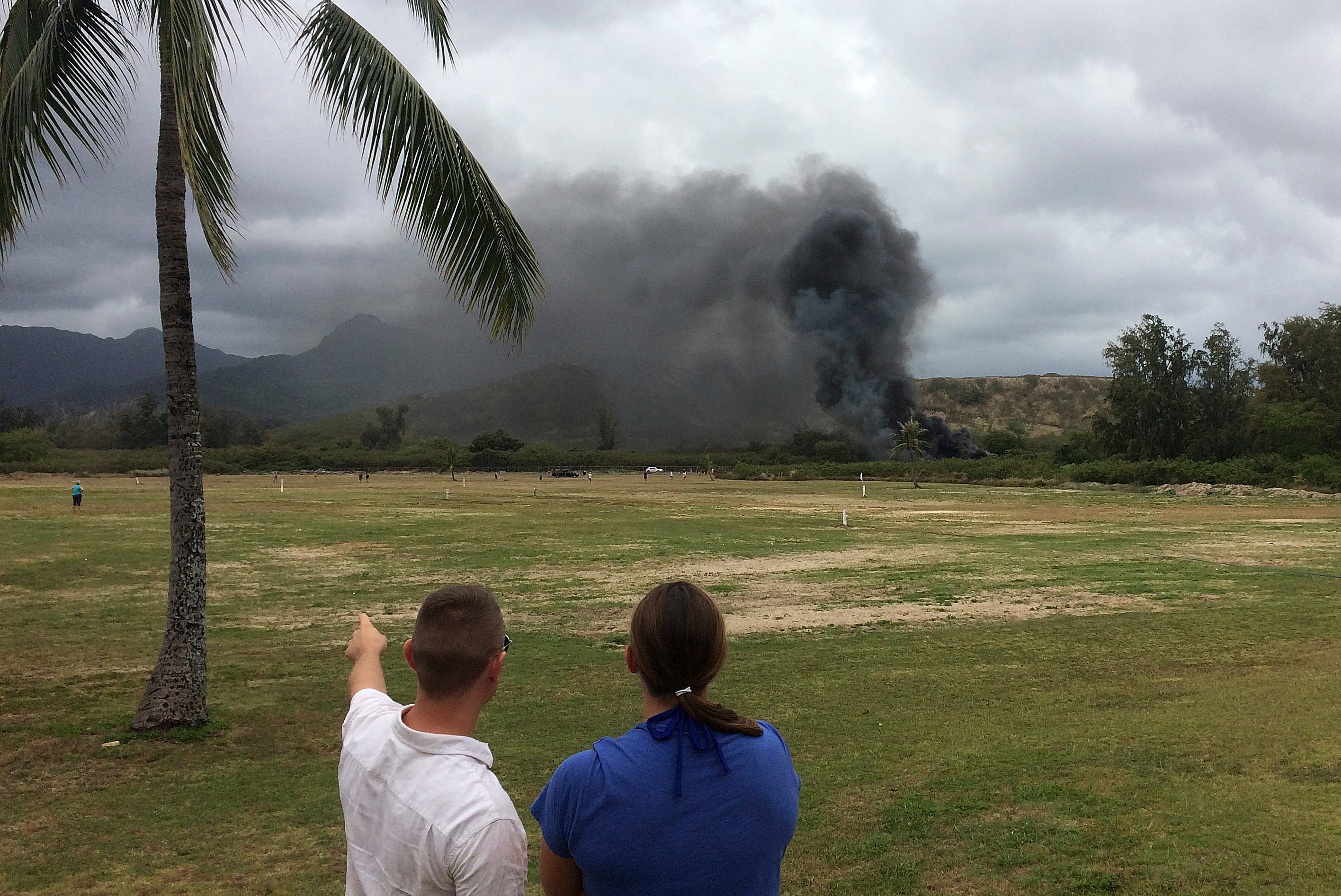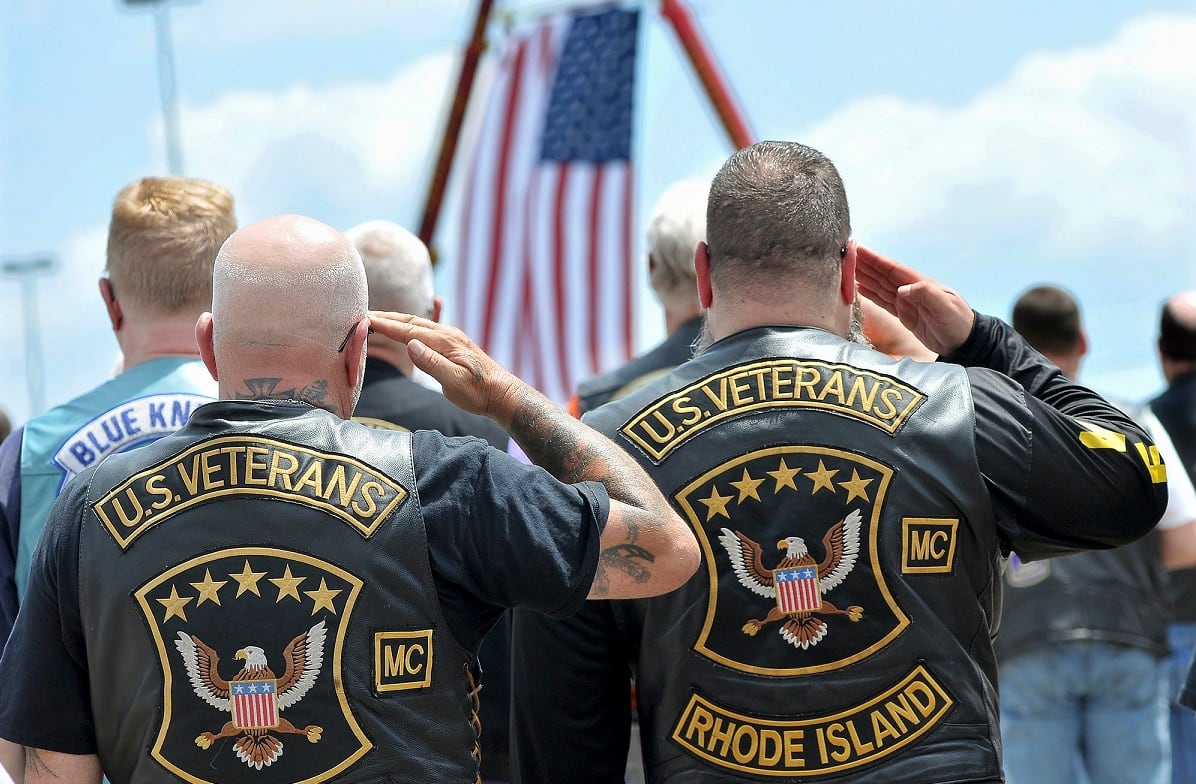A federal judge has ruled against a family who sued the manufacturers of the V-22 Osprey after their Marine son was killed in a 2015 crash in Waimanalo, Hawaii, the Honolulu Star-Advertiser reported.
Lance Cpl. Matthew J. Determan’s parents sued Boeing, Bell Helicopter Textron and Eaton Aerospace in 2016 for negligence and recklessness, claiming that manufacturing flaws contributed to the fatal crash.
Hawaii District Judge Leslie E. Kobayashi ruled last week in favor of the manufacturers, ruling they qualify for government contractor defense, and under federal law have immunity from liability for performing government functions, the Honolulu Star-Advertiser reported.
Determan, an infantry rifleman assigned to 3rd Battalion, 1st Marines, died as a result of injuries two days after the Osprey he was aboard crashed at Marine Corps Training Area Bellows in May 2015.
In an investigation, the Marine Corps determined that decisions made by the pilots in low-visibility conditions contributed to the crash, which killed two and injured 20 others.
The father of the Marine told Marine Corps Times in 2016: “We are infuriated at the Pentagon for attempting to find the aircrew responsible for this crash in an attempt to cover up its many shortcomings while landing and taking off in brownout conditions. Careers, reputations and lives should not be ruined because of the many inherent problems with this aircraft.”

Determan was based at Camp Pendleton, California, and was deploying with the 15th Marine Expeditionary Unit.
Lance Cpl. Joshua E. Barron, a 24-year-old tiltrotor crew chief assigned to Marine Medium Tiltrotor Squadron 161 (Reinforced), died immediately following the crash.
The Osprey had taken off 100 miles offshore from the Navy’s amphibious assault ship Essex. It was flying to drop off infantry Marines, Marine officials said at the time of the crash.
Andrea Scott is managing editor of Marine Corps Times. On Twitter: _andreascott.
Andrea Scott is editor of Marine Corps Times.




